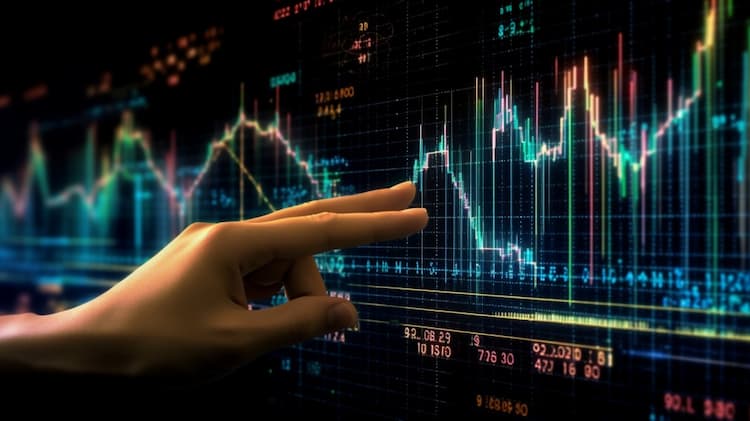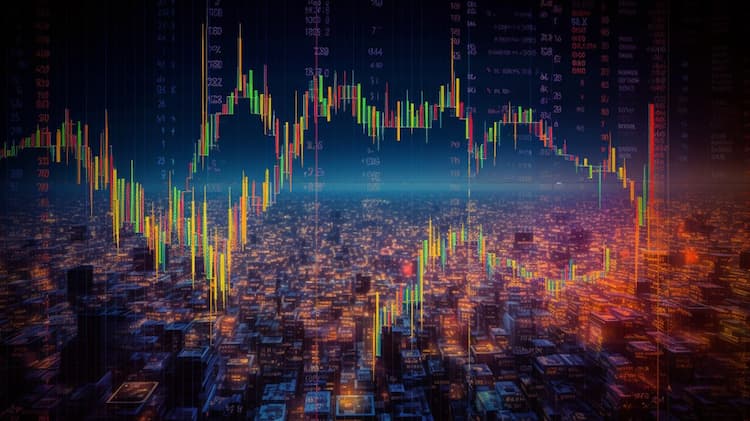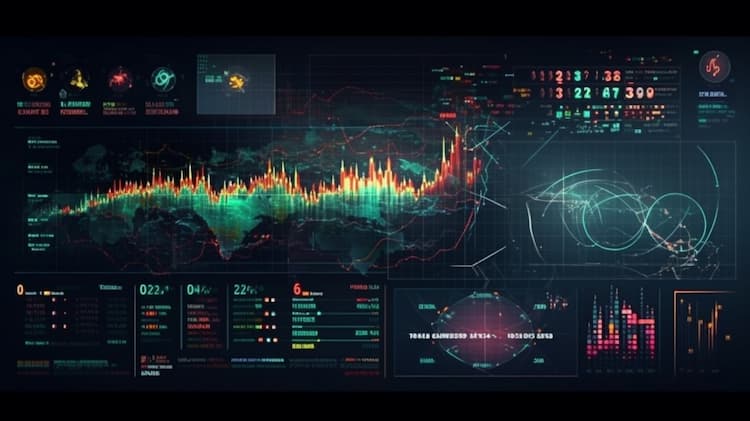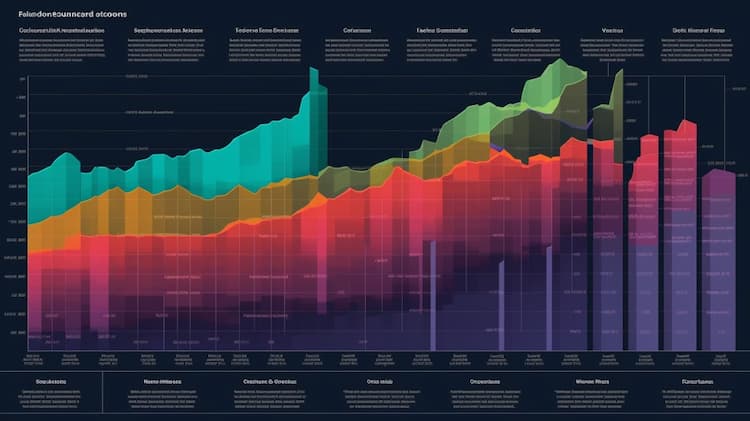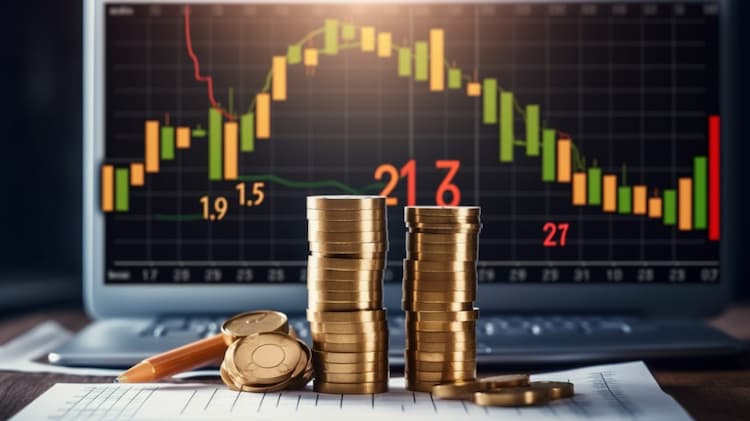
EWQ VS EWG: A Comprehensive Comparison of ETFs
After Comparing EWQ vs EWG: Overview
When it comes to European ETFs, two names often come to mind: EWQ and EWG. The iShares MSCI France ETF (EWQ) aims to track the investment results of an index composed of French equities, while the iShares MSCI Germany ETF (EWG) tracks an index of German equities. These ETFs provide a convenient way for investors to gain exposure to specific European economies without buying individual stocks.
After Comparing EWQ vs EWG: Sectors and Top Holdings
Examining the sectors that these ETFs invest in can offer valuable insights. For instance, EWQ has a strong focus on industrials, consumer discretionary, and health care sectors. This reflects France's diversified but somewhat conventional industrial economy. EWG, on the other hand, is heavily weighted in the information technology, automotive, and manufacturing sectors, showcasing Germany's export-oriented economy.
Top holdings can also be indicative of an ETF’s performance and focus. EWQ’s top holdings typically include renowned French companies like Total, LVMH, and Sanofi. For EWG, top holdings usually feature big names in the German business landscape like SAP, Siemens, and Allianz.
 EWQ overlap EWQ VS EWG: A Comprehensive Comparison of ETFs
EWQ overlap EWQ VS EWG: A Comprehensive Comparison of ETFs
After Comparing EWQ vs EWG: Capitalization Strategy
Capitalization strategy differs between EWQ and EWG. While both funds generally focus on large-cap stocks, the balance and diversification can vary. EWQ tends to offer a more balanced representation of the French market across its large-cap stocks. On the other hand, EWG has a slight skew towards mega-cap companies, which makes it more susceptible to the performance of these large players in the German economy.
After Comparing EWQ vs EWG: Tracking and Exposure
Both EWQ and EWG aim to replicate the performance of their respective indices. EWQ tracks the MSCI France Index, offering exposure to the large and mid-cap segments of the French market. EWG tracks the MSCI Germany Index, doing the same for the German market. However, it's crucial to note that while both ETFs offer good tracking accuracy, EWG might be slightly more volatile given Germany’s export-driven economy that can be more sensitive to global market fluctuations.
It's also important to consider the currency exposure. Since both ETFs are U.S.-listed, they are exposed to currency risk between the Euro and the U.S. Dollar. This means that changes in exchange rates can affect the ETFs' performance in USD terms.
Conclusion:
Investing in European markets through ETFs like EWQ and EWG provides an opportunity to diversify your portfolio geographically. While EWQ offers a more balanced approach reflecting the diverse sectors of the French economy, EWG gives you concentrated exposure to Germany's large-cap, export-oriented sectors. Your choice between EWQ and EWG should align with your investment strategy, risk tolerance, and desired exposure to European markets. Both ETFs come with their pros and cons, but they offer a convenient and less risky way to invest in two of Europe's biggest economies.
EWQ ETF issuer
EWQ ETF official page
EWG quote and analysis
Discover the top holdings, correlations, and overlaps of ETFs using our visualization tool.
Our app allows you to build and track your portfolio.
To learn more about the EWG iShares MSCI Germany ETF, access our dedicated page now.
